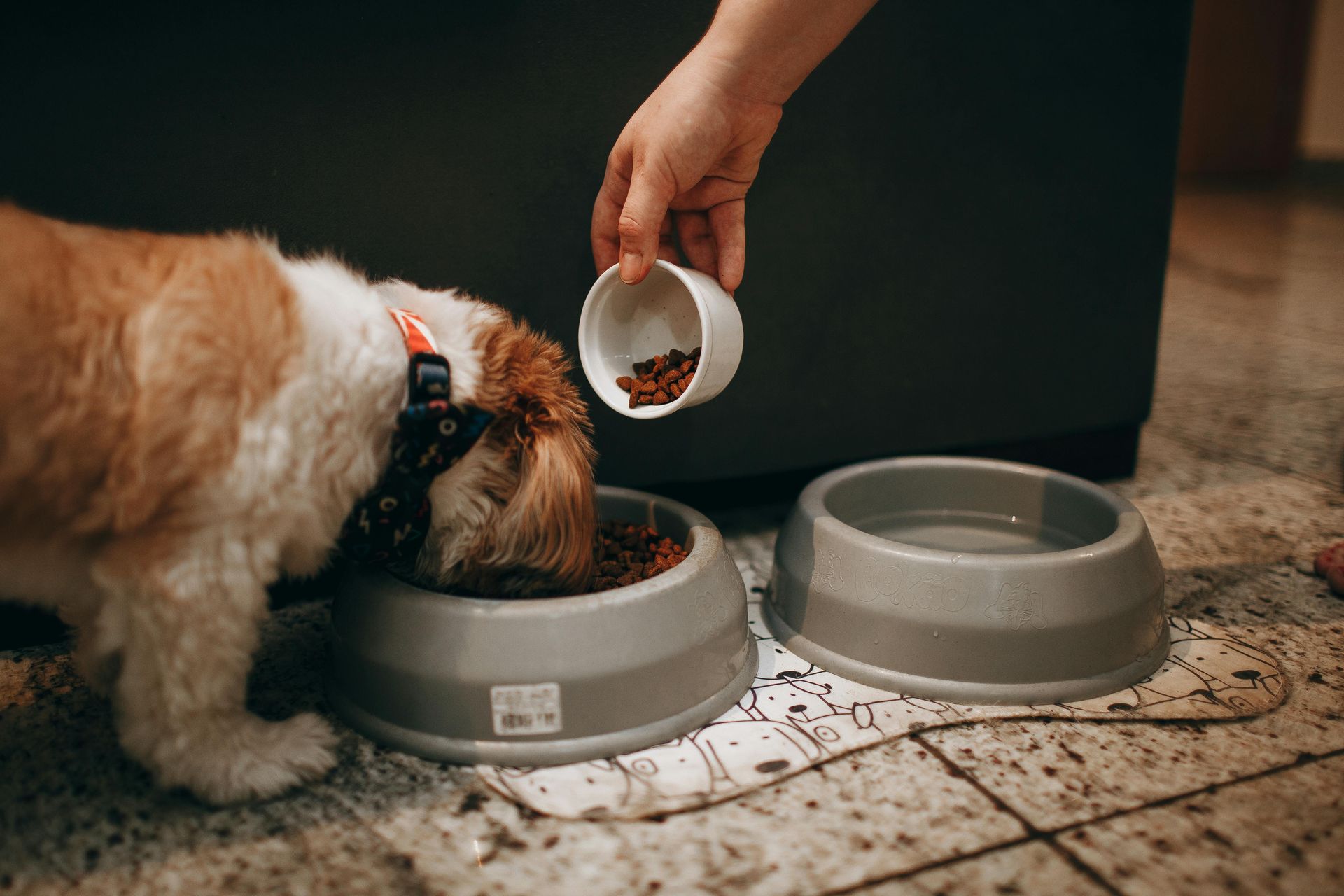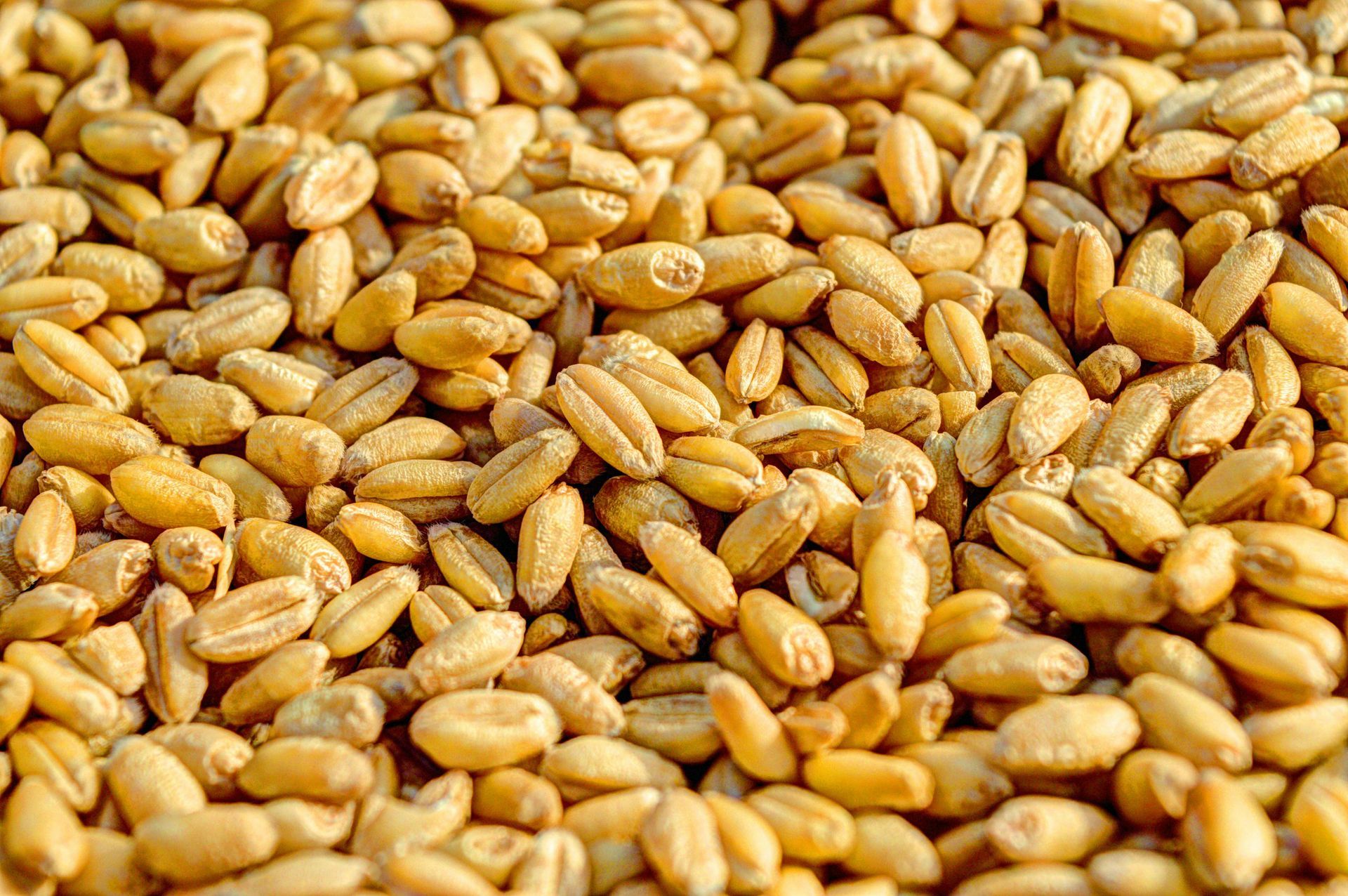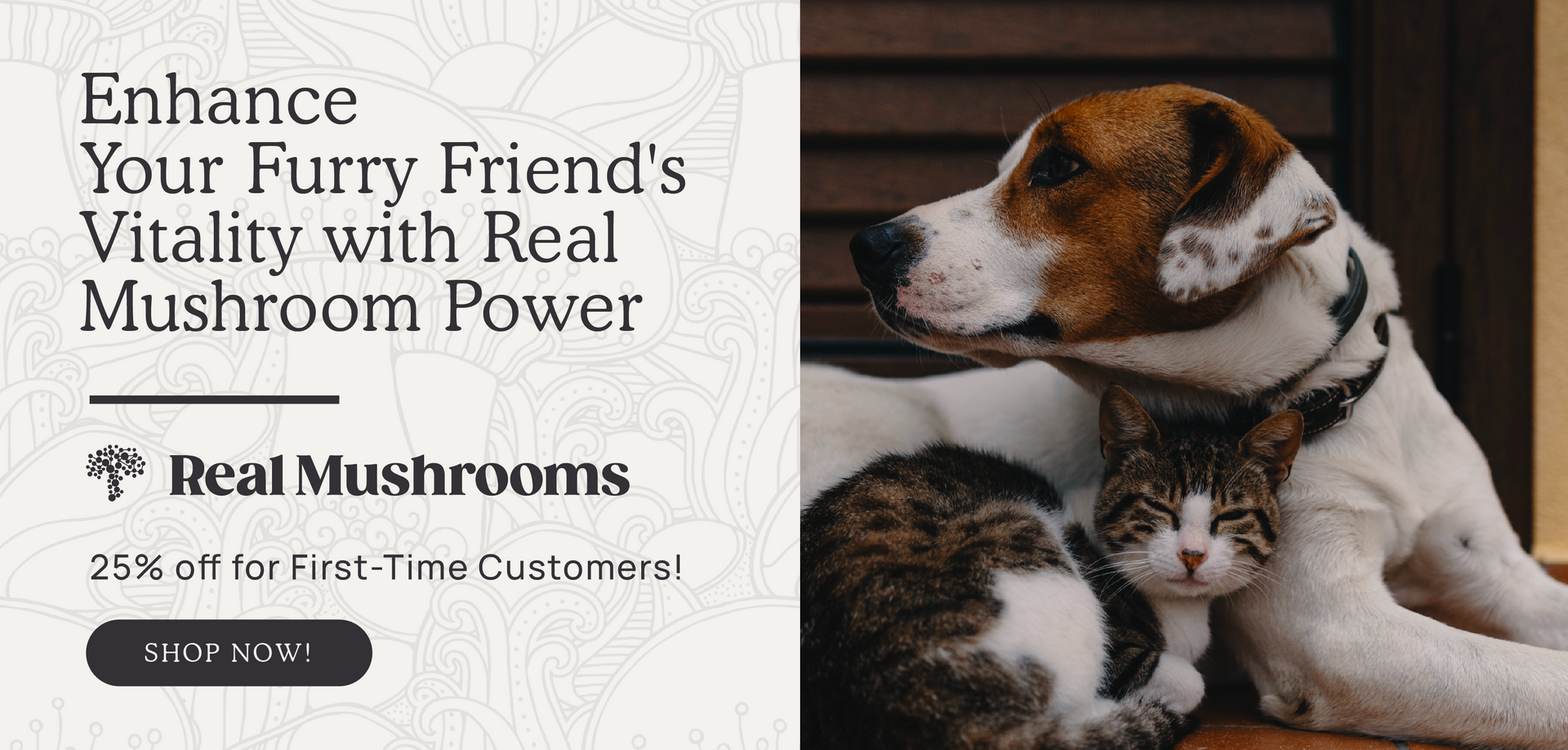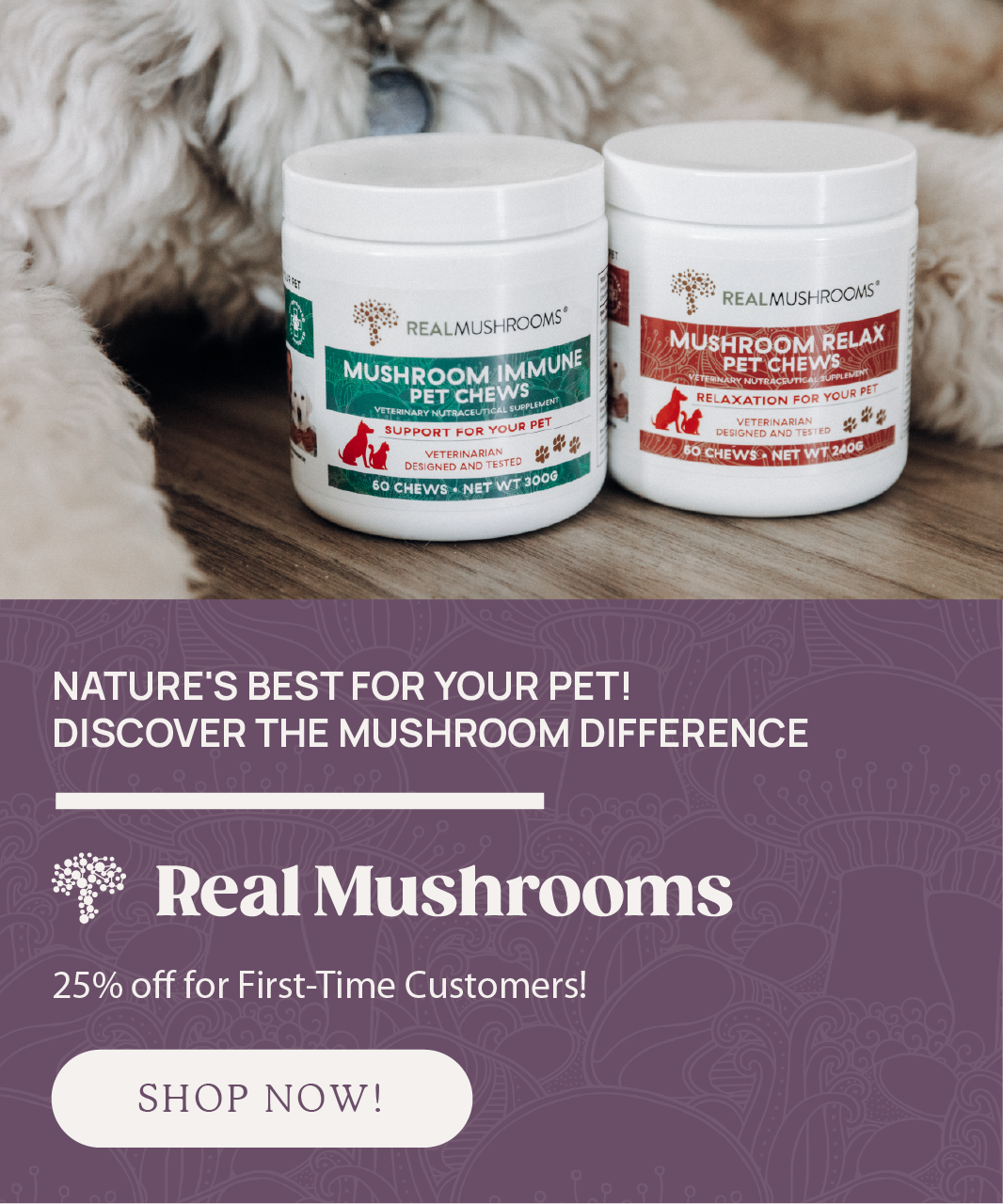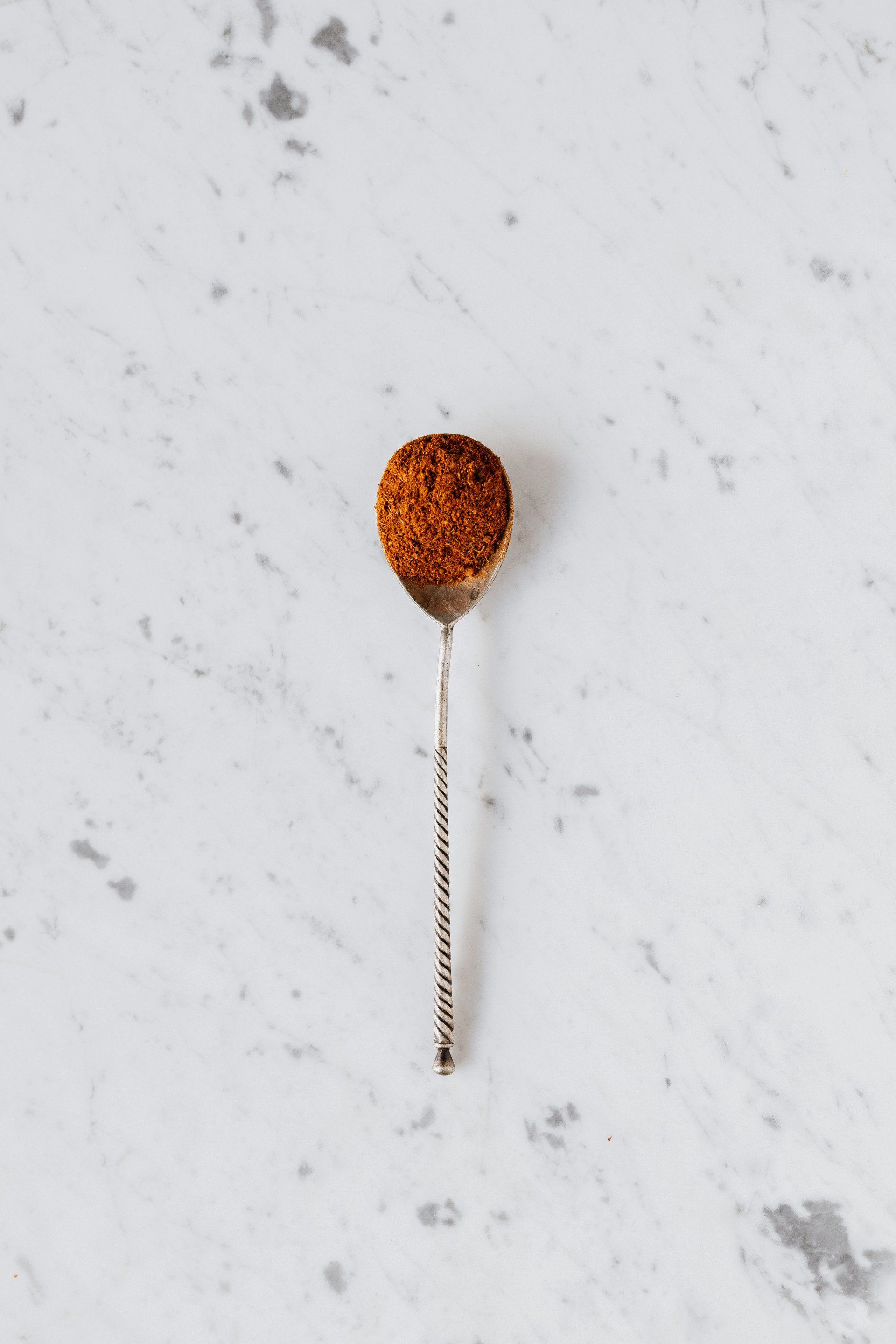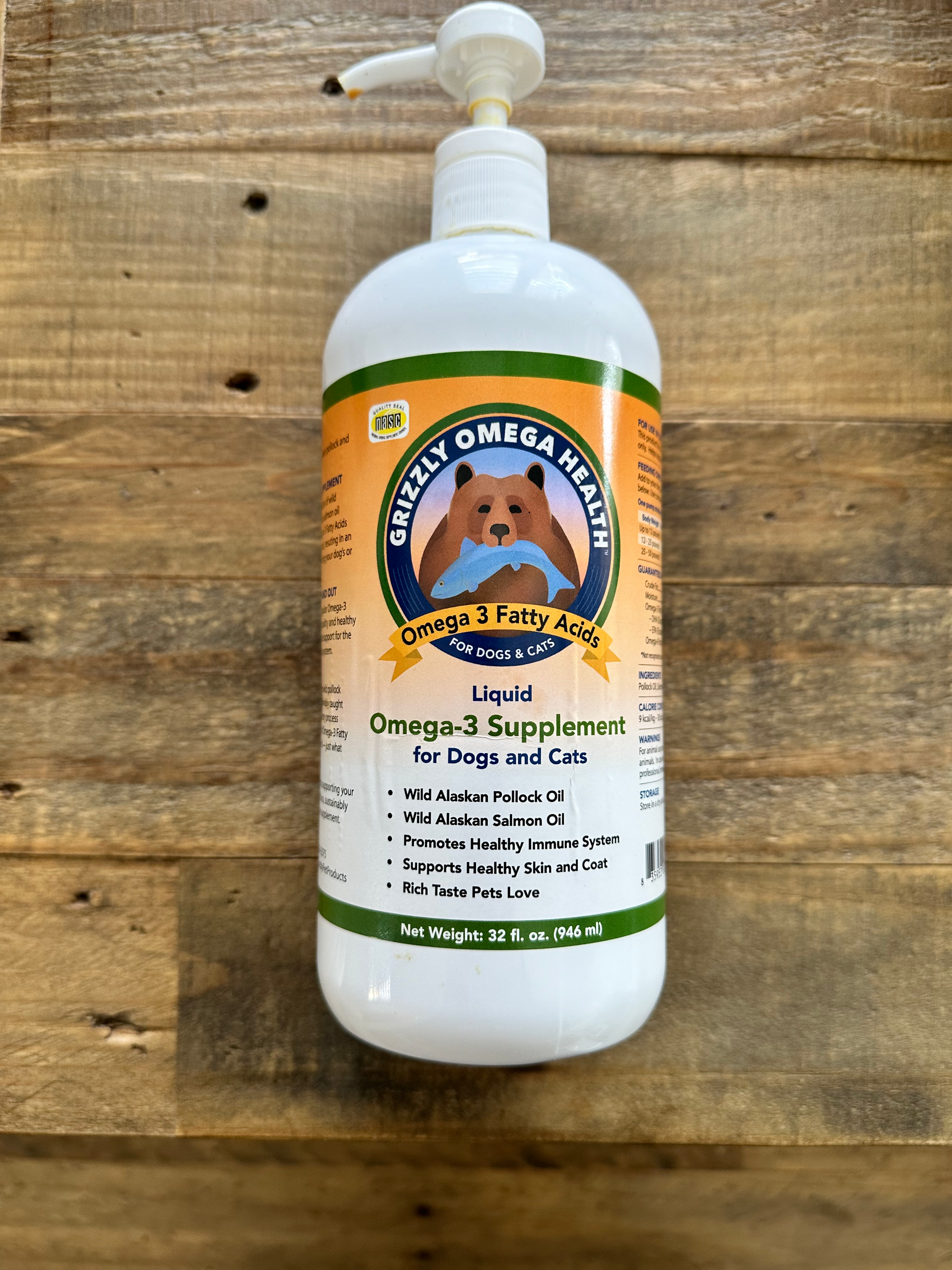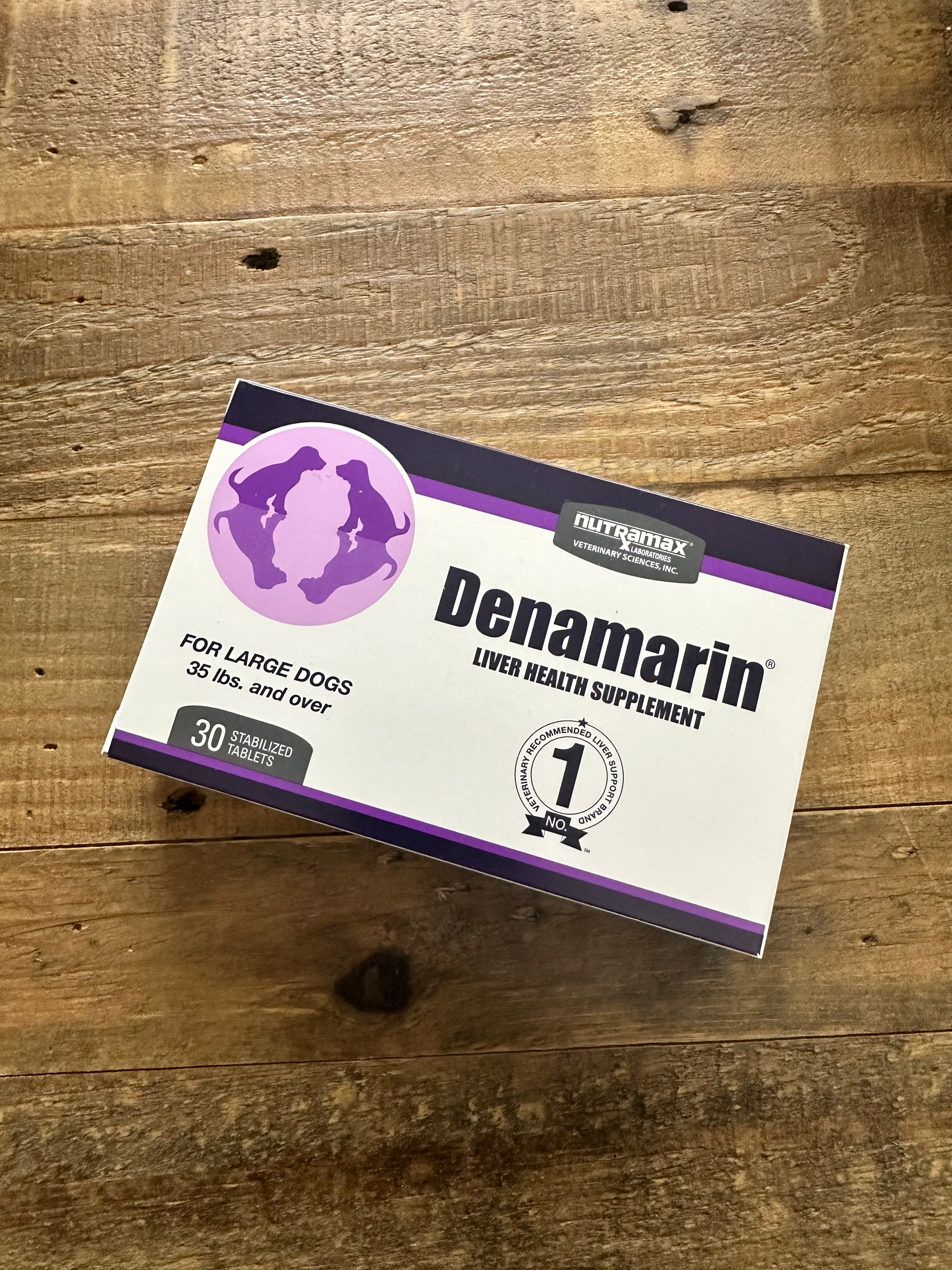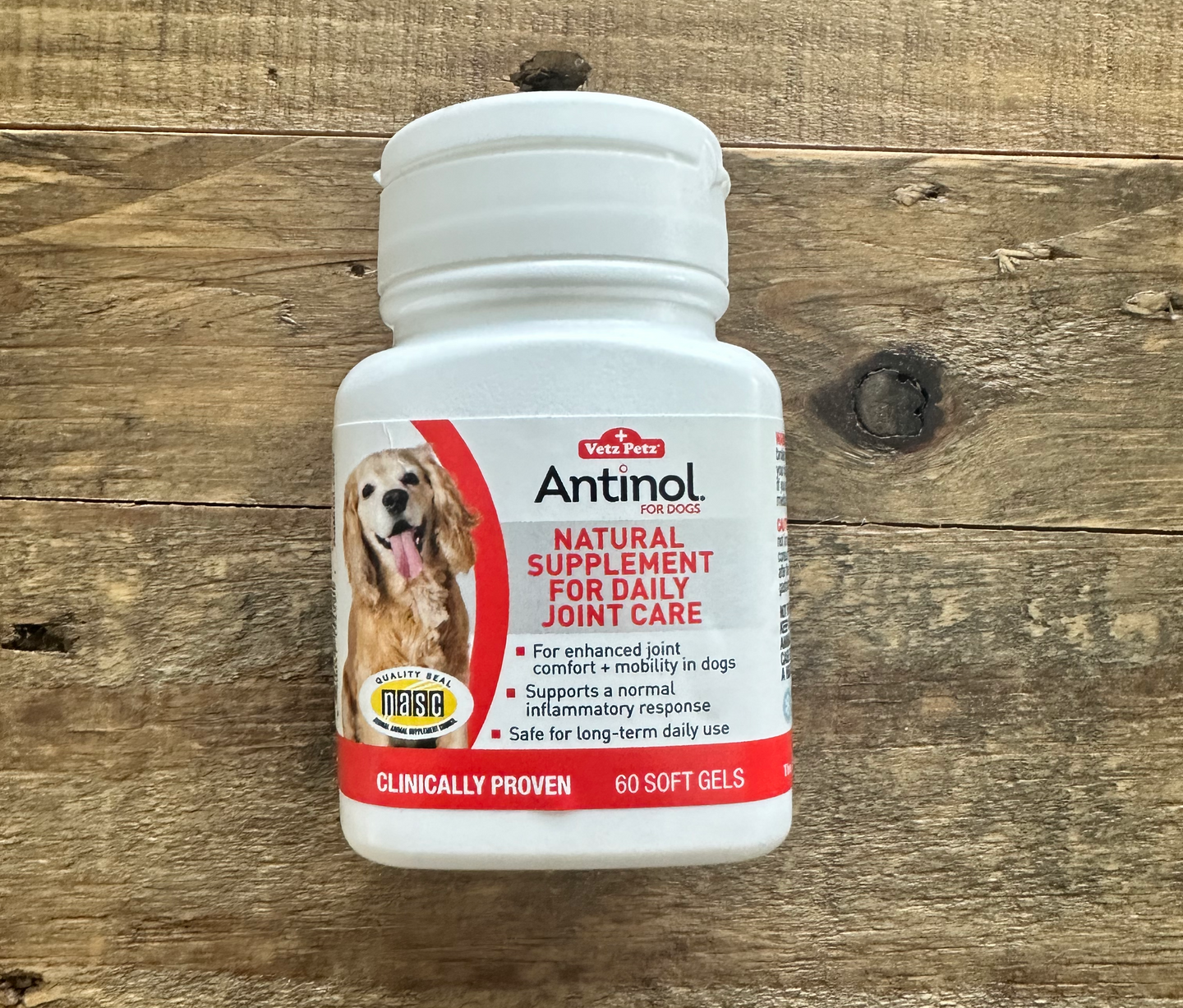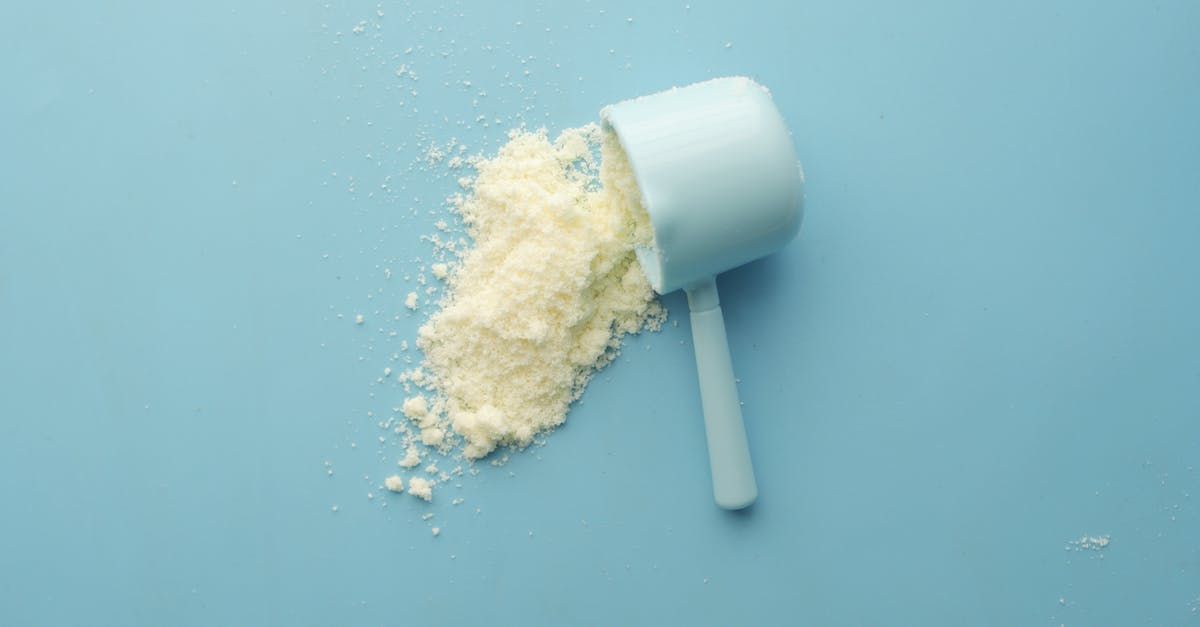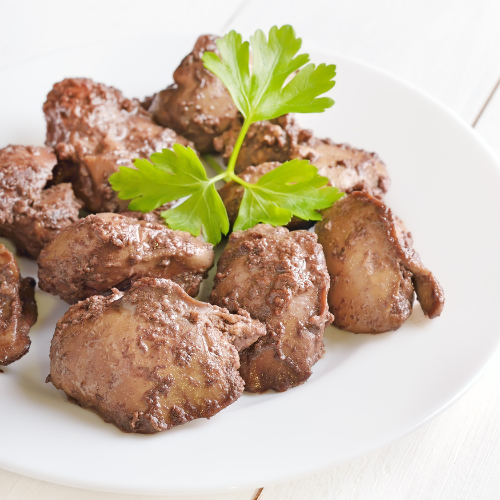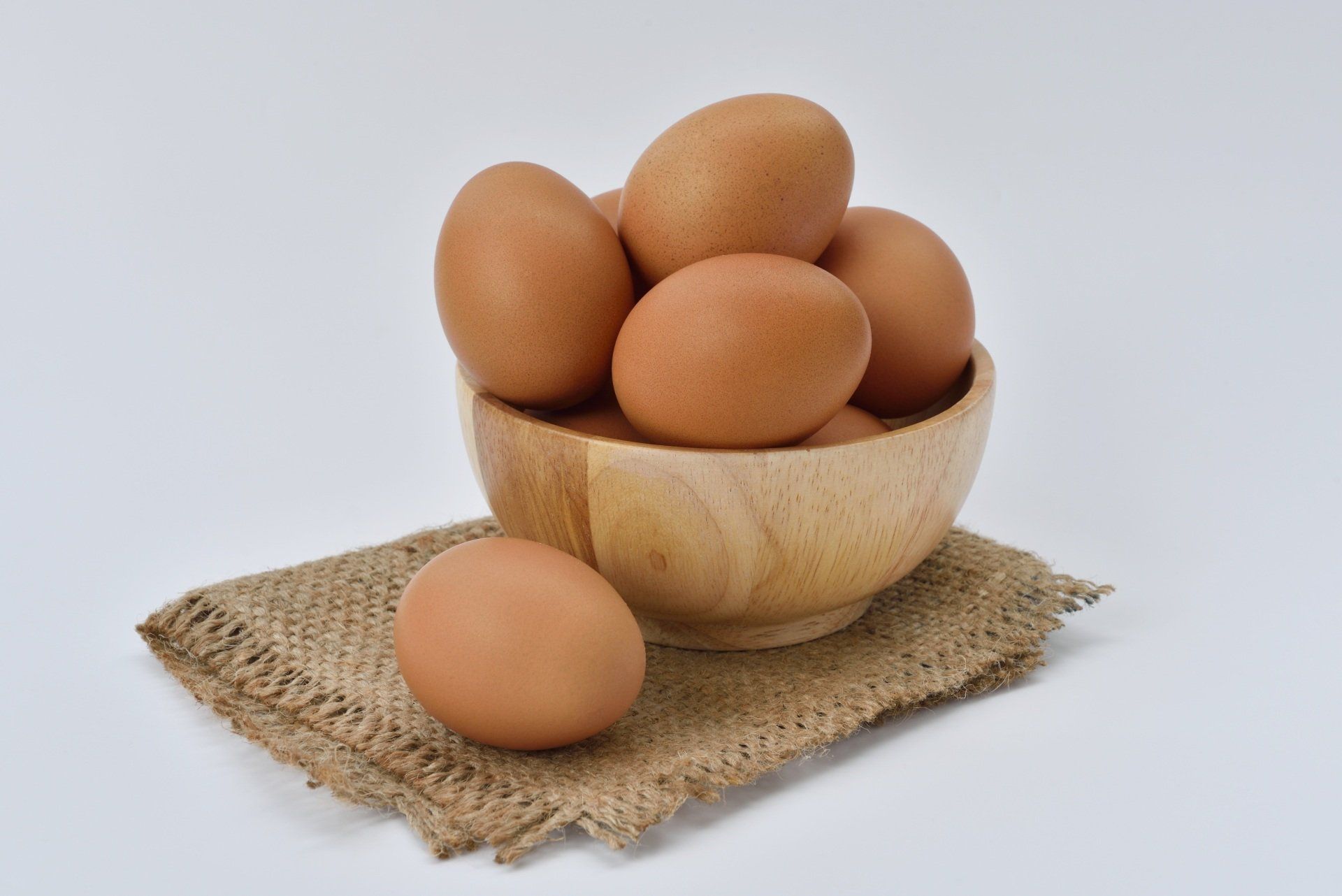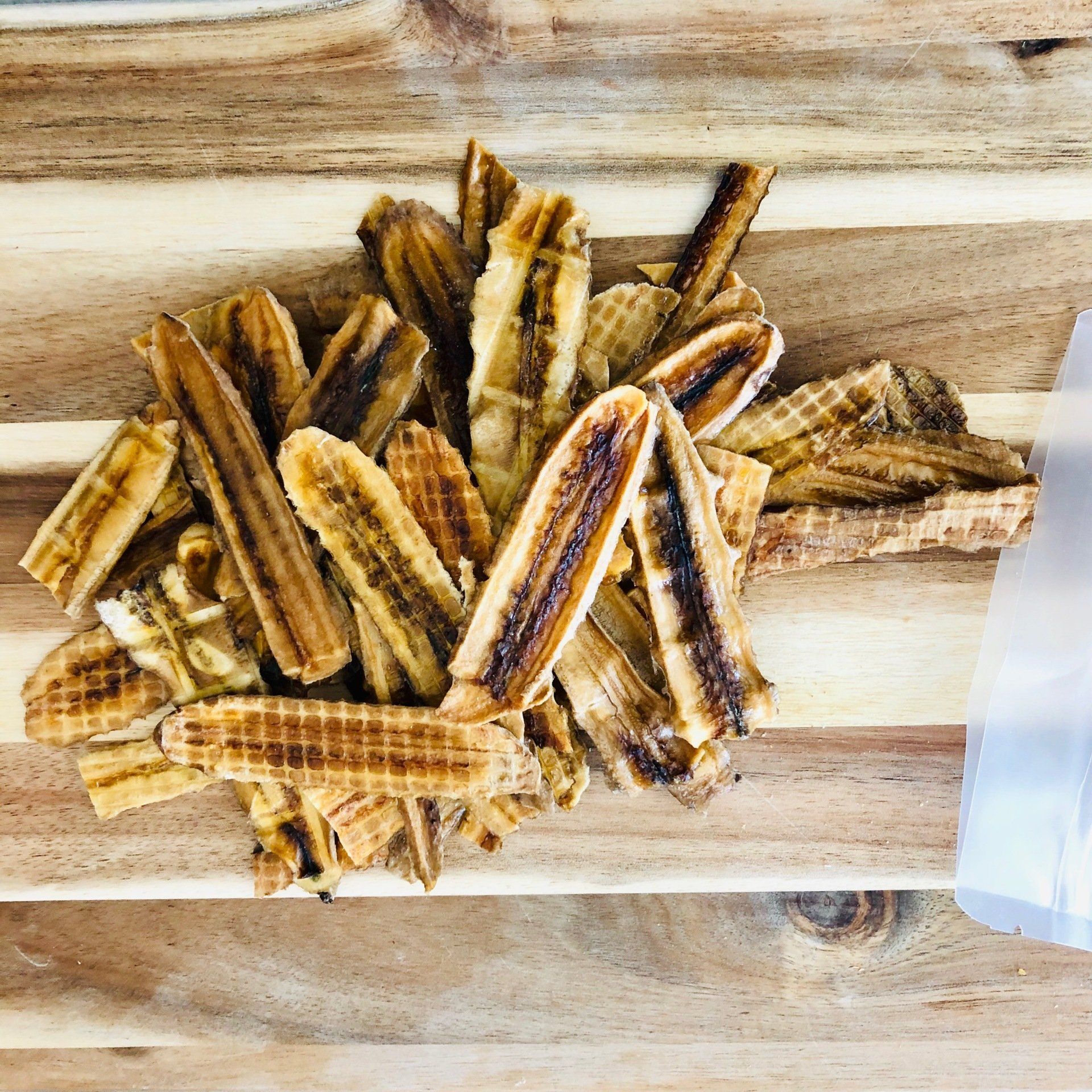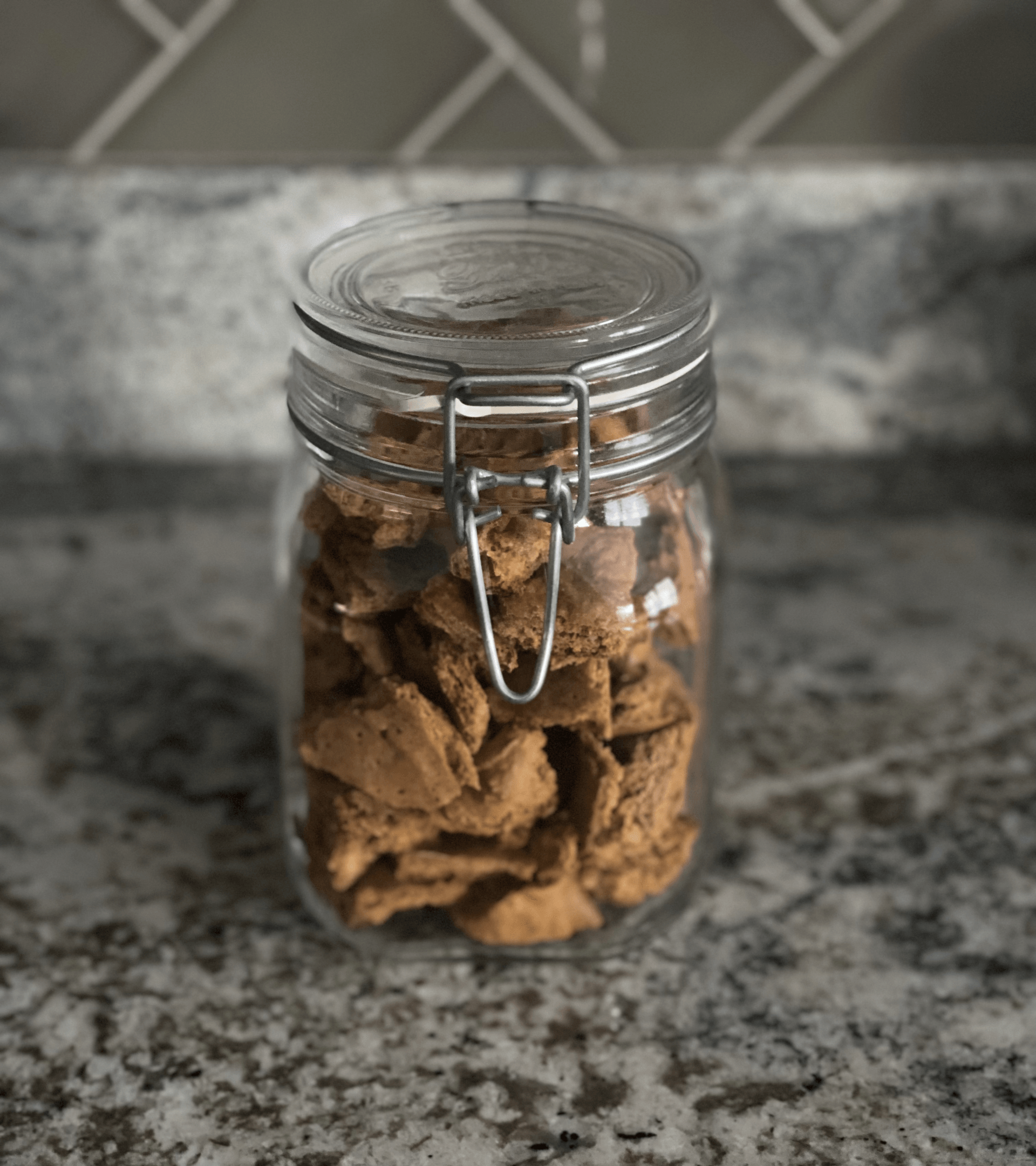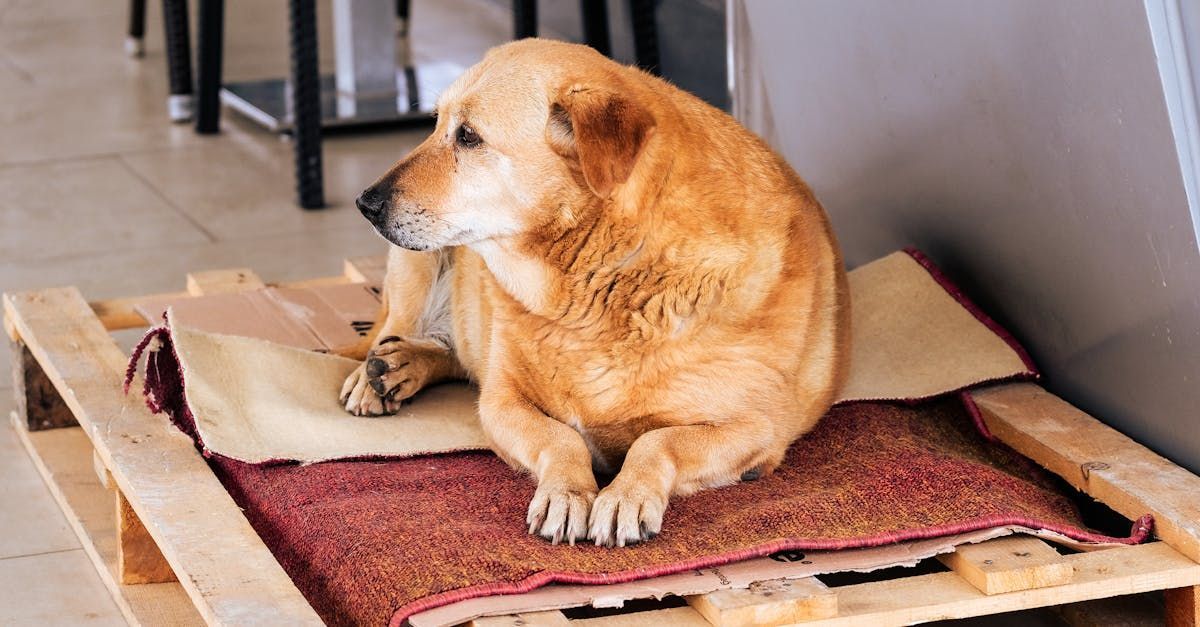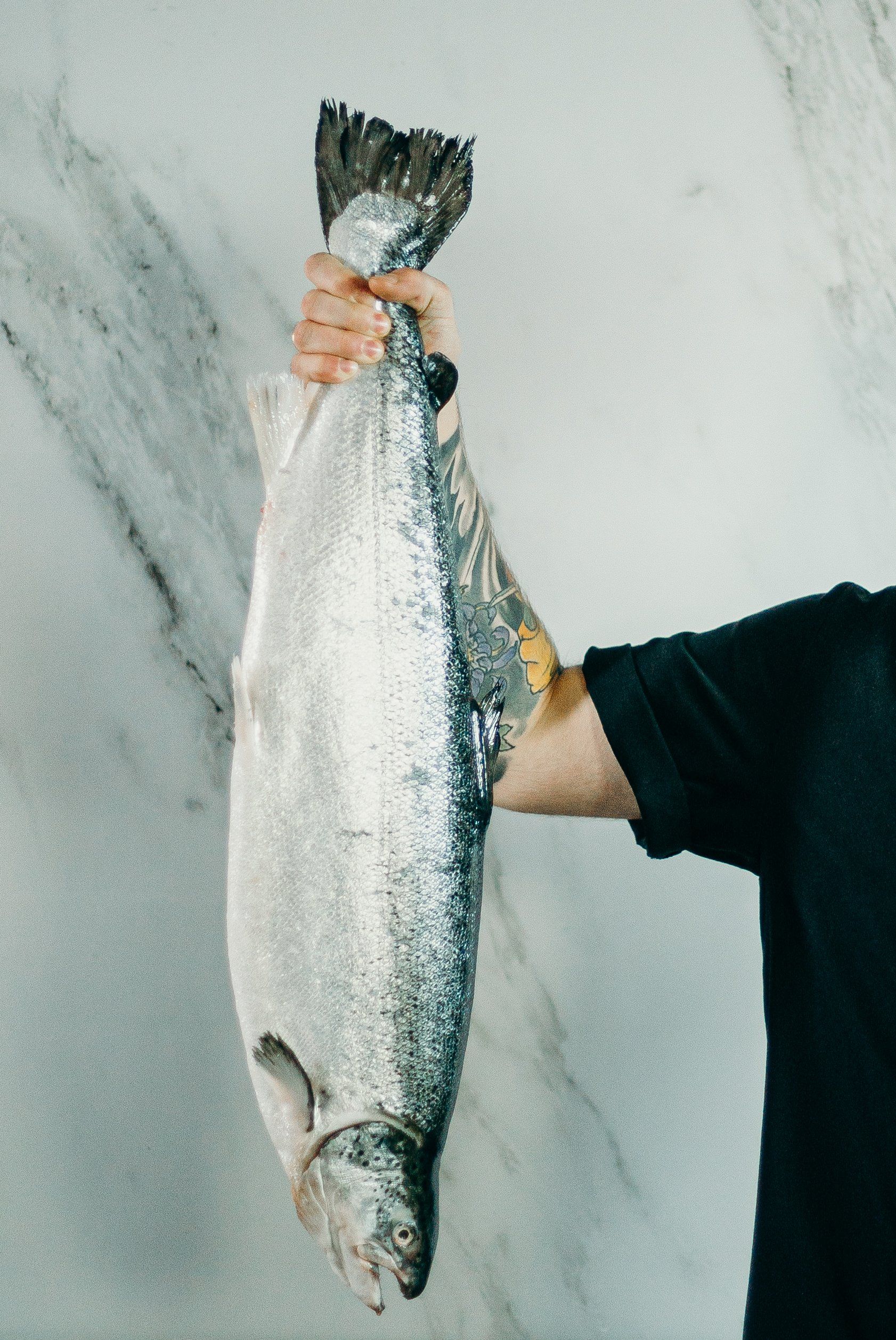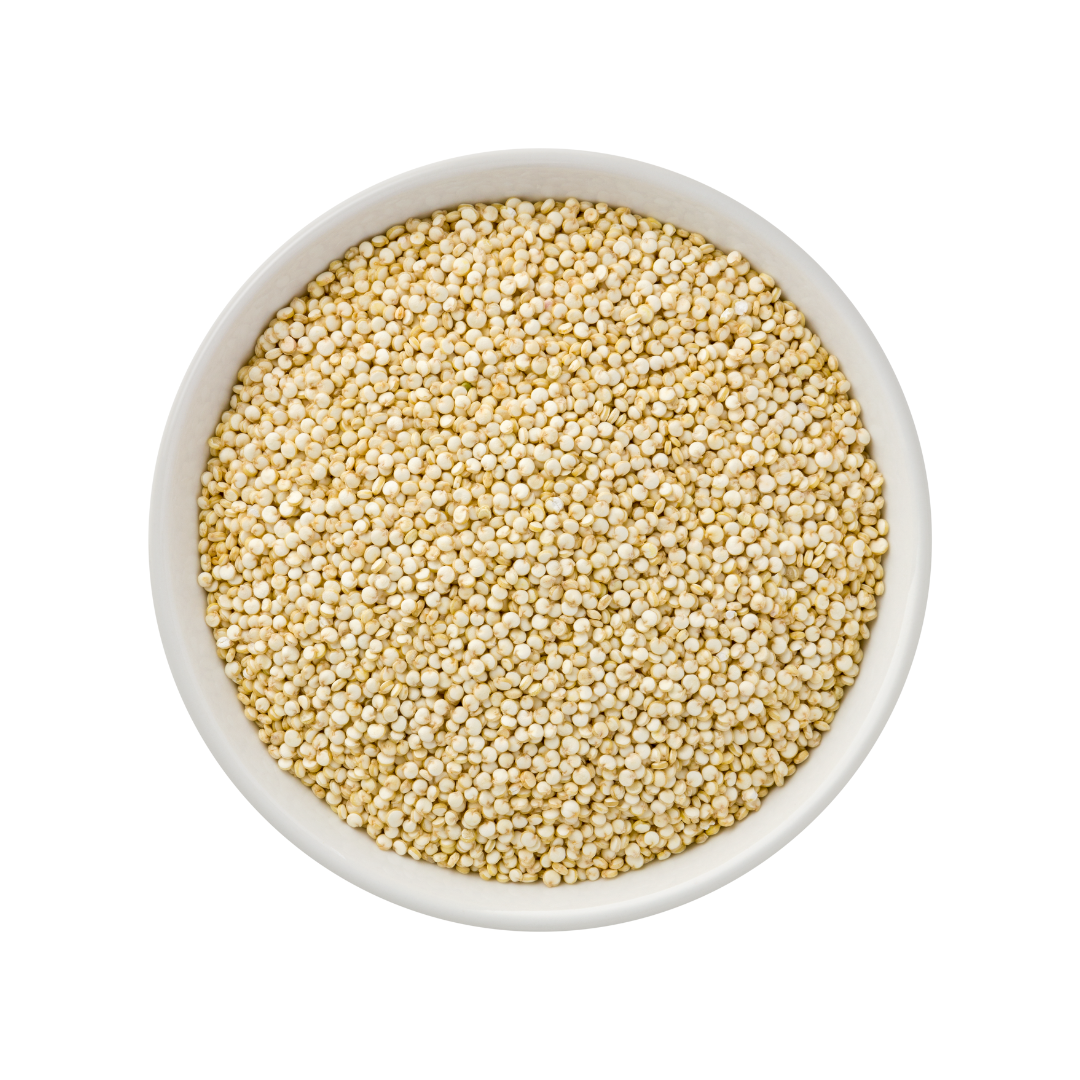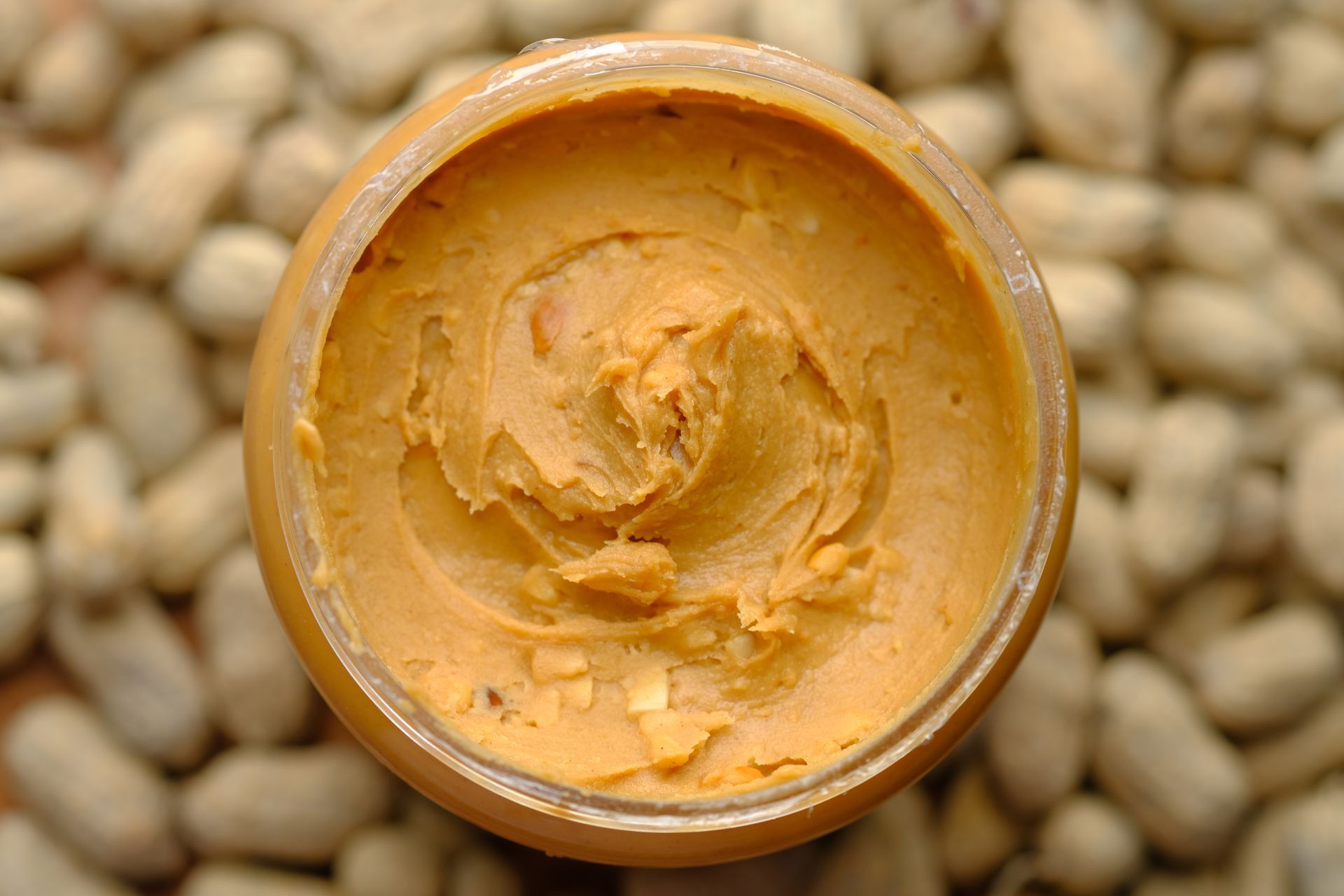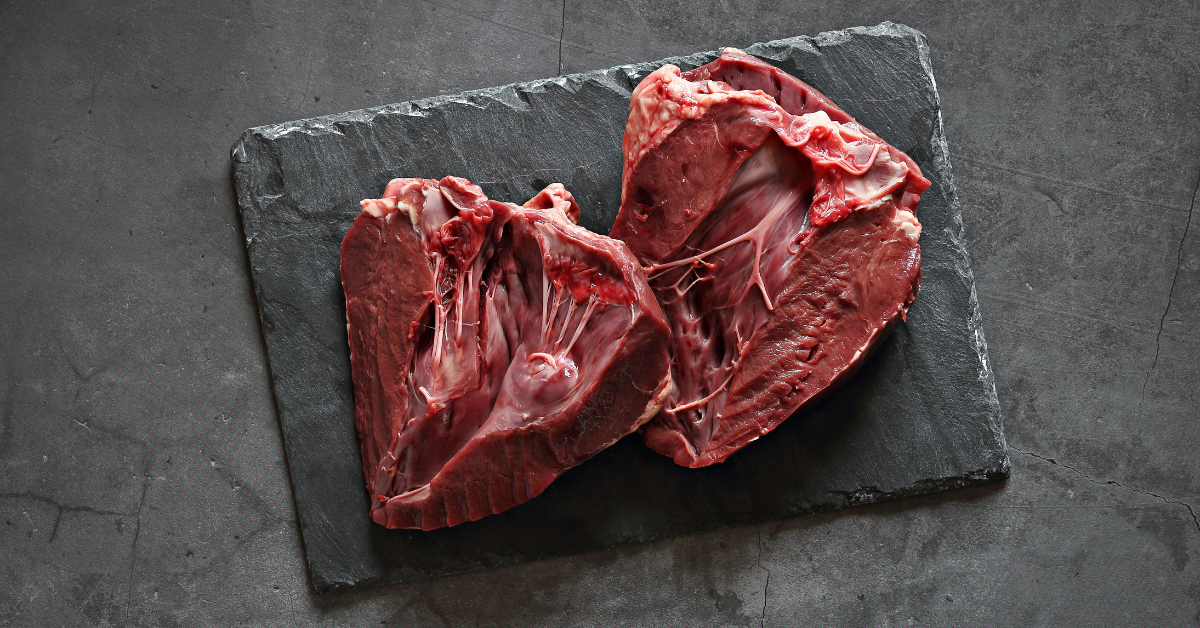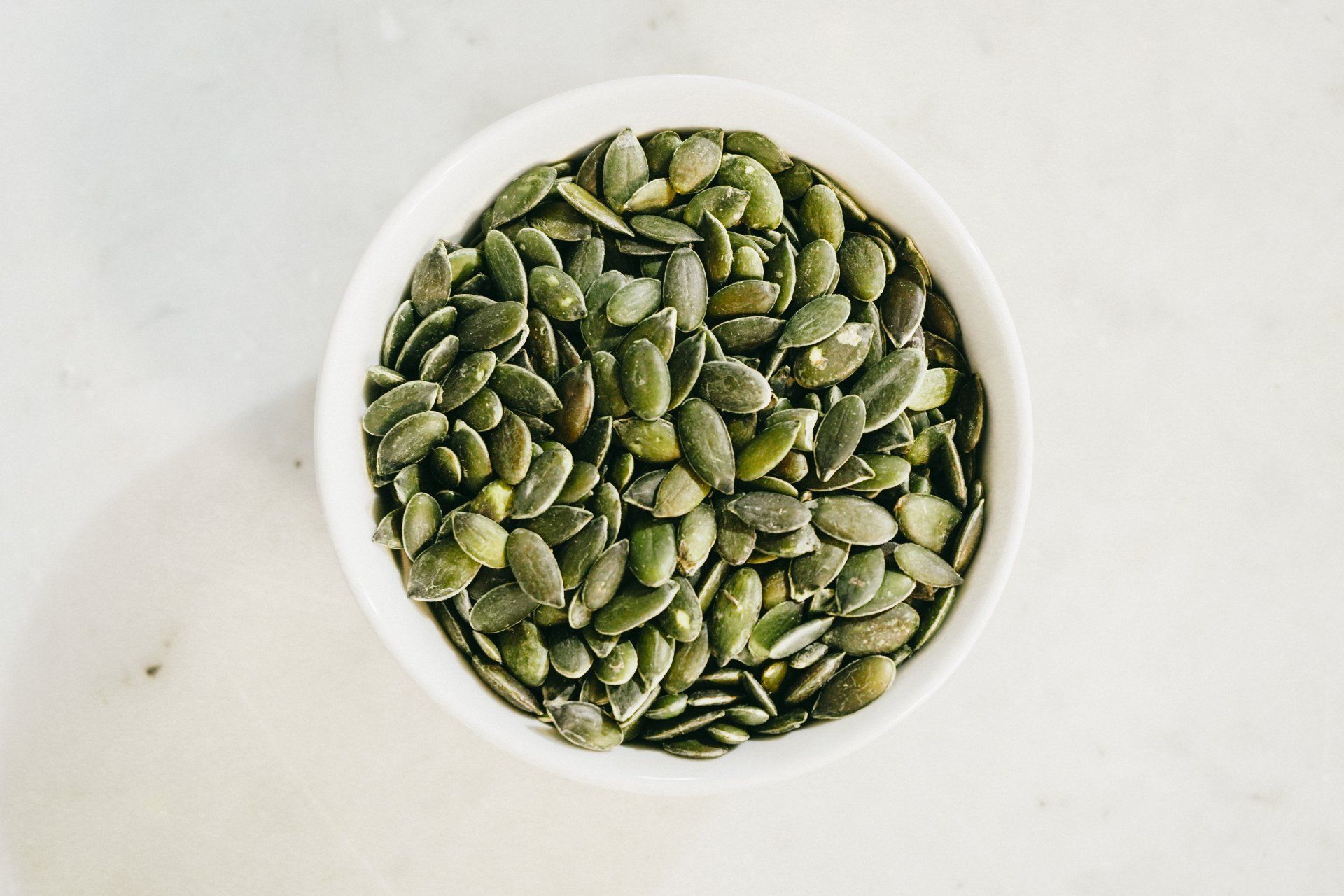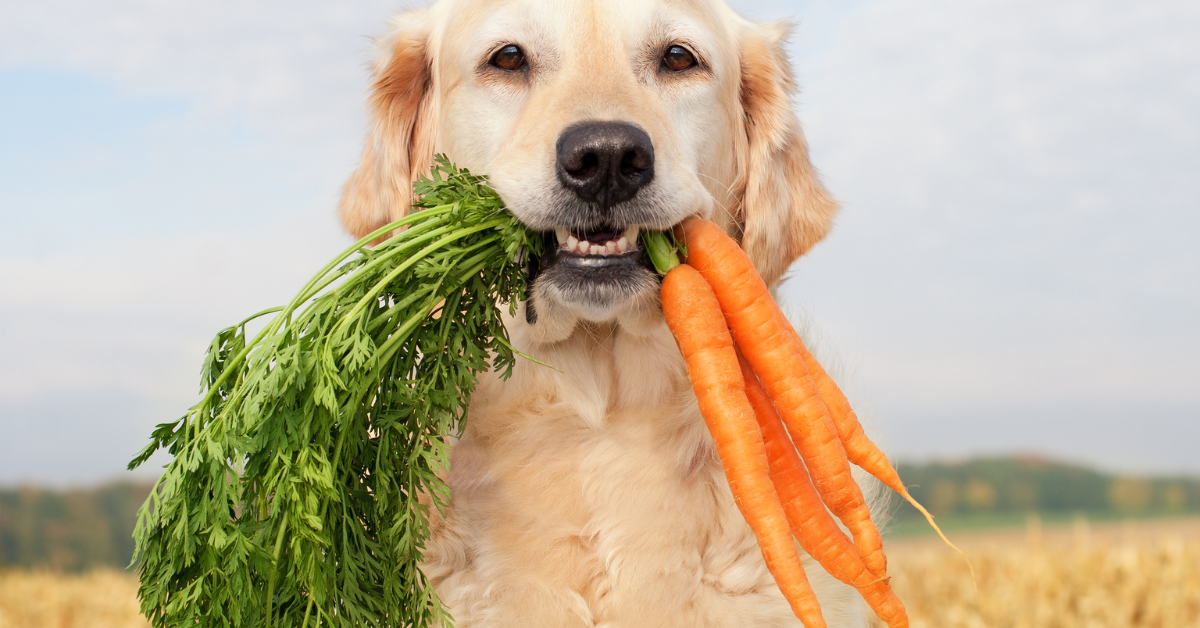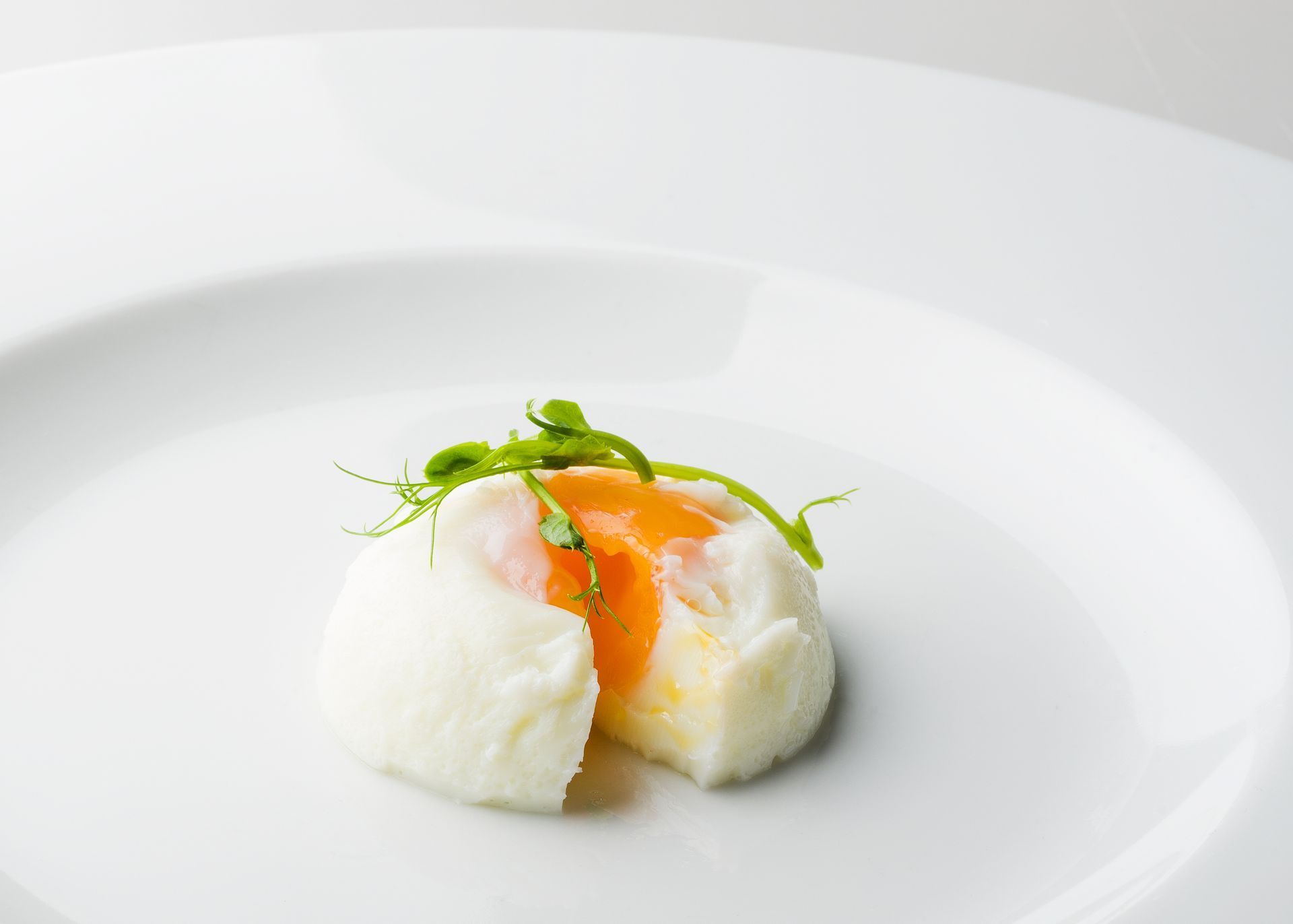Thinking about switching your pup to a homemade diet? You're not alone! Many pet parents are drawn to the idea of having complete control over their dog's food, believing it can lead to a healthier and happier canine companion.
However, navigating this transition requires careful planning and, most importantly, open communication with your veterinarian.
This article will guide you through the process of discussing homemade dog food with your vet, addressing their potential apprehensions, and ultimately creating a balanced diet plan for your furry friend.
Why Vets Might Be Hesitant About Homemade Diets
While the concept of a home-cooked meal for your dog might seem straightforward, there are some key reasons veterinarians often express concern about homemade diets:
- Nutritional Imbalance: The biggest concern for vets is the possibility of an unbalanced diet. Dogs, like humans, require a specific balance of protein, carbohydrates, fats, vitamins, and minerals to thrive. Creating these balanced meals from scratch requires research and careful planning. Without proper knowledge, a dog fed a homemade diet could be missing essential nutrients, leading to health problems down the line.
- Calcium Deficiency: A particular concern with homemade diets is a lack of calcium, which is crucial for strong bones and teeth in dogs. Many common protein sources in homemade meals, like chicken and turkey, are naturally low in calcium. Supplementation is often necessary to ensure your dog gets the calcium they need.
- Veterinary Education and Industry Influence: Traditionally, veterinary education focuses heavily on commercially available pet foods. Many vets may simply not have extensive training or resources on creating balanced homemade diets. Additionally, the pet food industry is a multi-billion dollar business, and some veterinary practices sell commercially available food, which can create an incentive to promote these products.
Approaching Your Vet With Confidence
Understanding these potential concerns will help you approach your vet with confidence and open the door to a productive conversation. Here are some key points to keep in mind:
- Do Your Research: Before discussing homemade food with your vet, invest time in researching canine nutrition. There are many reputable resources available online and in libraries that can help you understand the specific dietary needs of dogs.
- Focus on Balanced Diets: During your conversation, emphasize your desire to provide your dog with a balanced and complete homemade diet. Be prepared to discuss your plan for incorporating essential nutrients and supplements.
- Respect Vet's Expertise: Remember, veterinarians are your dog's healthcare professionals. Approach the conversation openly and respectfully, acknowledging their concerns and seeking their guidance in creating a safe and healthy homemade diet.
Presenting a Balanced Recipe Plan
Here's how to present a well-researched plan to your vet:
- Develop Sample Recipes: Consider working with a canine nutritionist to formulate a few sample recipes. These recipes should be based on scientifically-backed principles of canine nutrition and incorporate essential nutrients from various sources.
- Include Supplements: Be prepared to discuss your plan for supplementing your dog's diet with calcium and any other potentially missing nutrients.
- Open Communication is Key: Be open to your vet's feedback and suggestions. They may have insights that can further refine your recipes to ensure optimal health for your dog.
Working With Your Vet to Create a Plan
There are several ways to work with your vet to create a homemade diet plan:
- Some Vets Are Already Onboard: Luckily, some veterinarians are well-versed in canine nutrition and open to discussing homemade diets. If your vet falls into this category, they may be able to work directly with you to create a balanced plan.
- Find a Canine Nutritionist: If your vet is hesitant or lacks knowledge about homemade diets, they may be able to refer you to a qualified canine nutritionist. These specialists can help you develop personalized meal plans that meet your dog's specific needs.
What If Your Vet Still isn't Open to Homemade Food?
If your vet remains opposed to the idea of homemade food, don't despair. Here are some alternative options:
- Seek a Second Opinion: If you feel strongly about pursuing a homemade diet, consider seeking a second opinion from a veterinarian who specializes in holistic medicine. These vets are often more open to alternative approaches to pet health.
- Commercially Balanced Fresh Food: Commercially available, balanced fresh food might be a good compromise. These companies offer freshly prepared, frozen meals made with whole food ingredients and minimal processing. They are formulated to be complete and balanced diets, offering some of the benefits of a homemade approach with the peace of mind of professional oversight. Many vets are very receptive to these options.
- DIY Supplement with Fresh Food Brands: These companies provide you with a specific recipe and a complementary supplement. You purchase the fresh ingredients following their recipe, and then add the measured amount of their supplement to ensure a complete and balanced meal for your dog. This approach allows you to still participate in the food preparation process while having the reassurance of a veterinarian-approved supplement.
Conclusion: Working Together for Your Dog's Health
Talking to your vet about homemade dog food doesn't have to be a battle. By approaching the conversation with knowledge, respect, and a willingness to collaborate, you can work together to create a plan that nourishes your dog and keeps your veterinarian comfortable. Remember, your dog's health is the ultimate goal, and open communication with your vet is the key to achieving it. So, take a deep breath, do your research, and get ready to advocate for your furry friend's dietary well-being!



